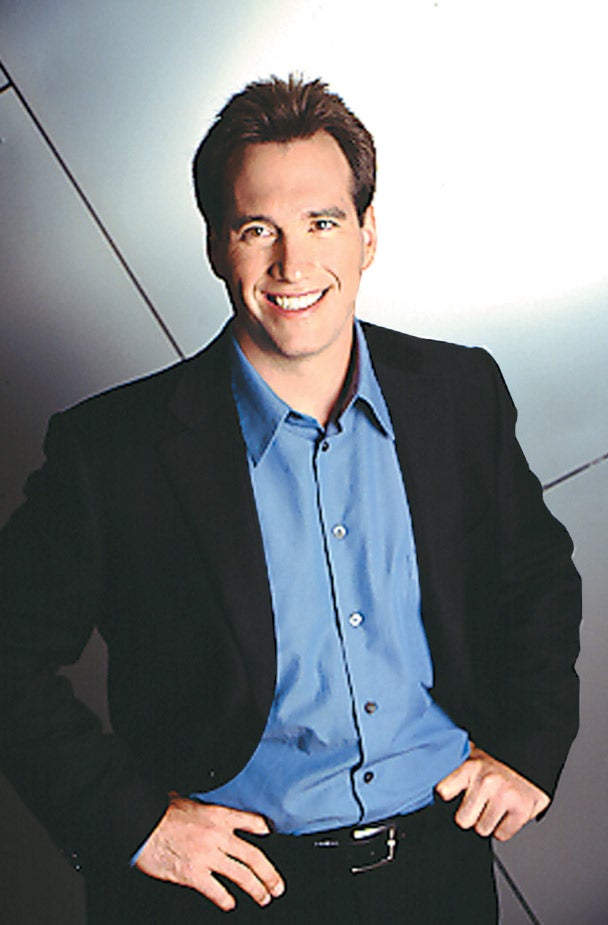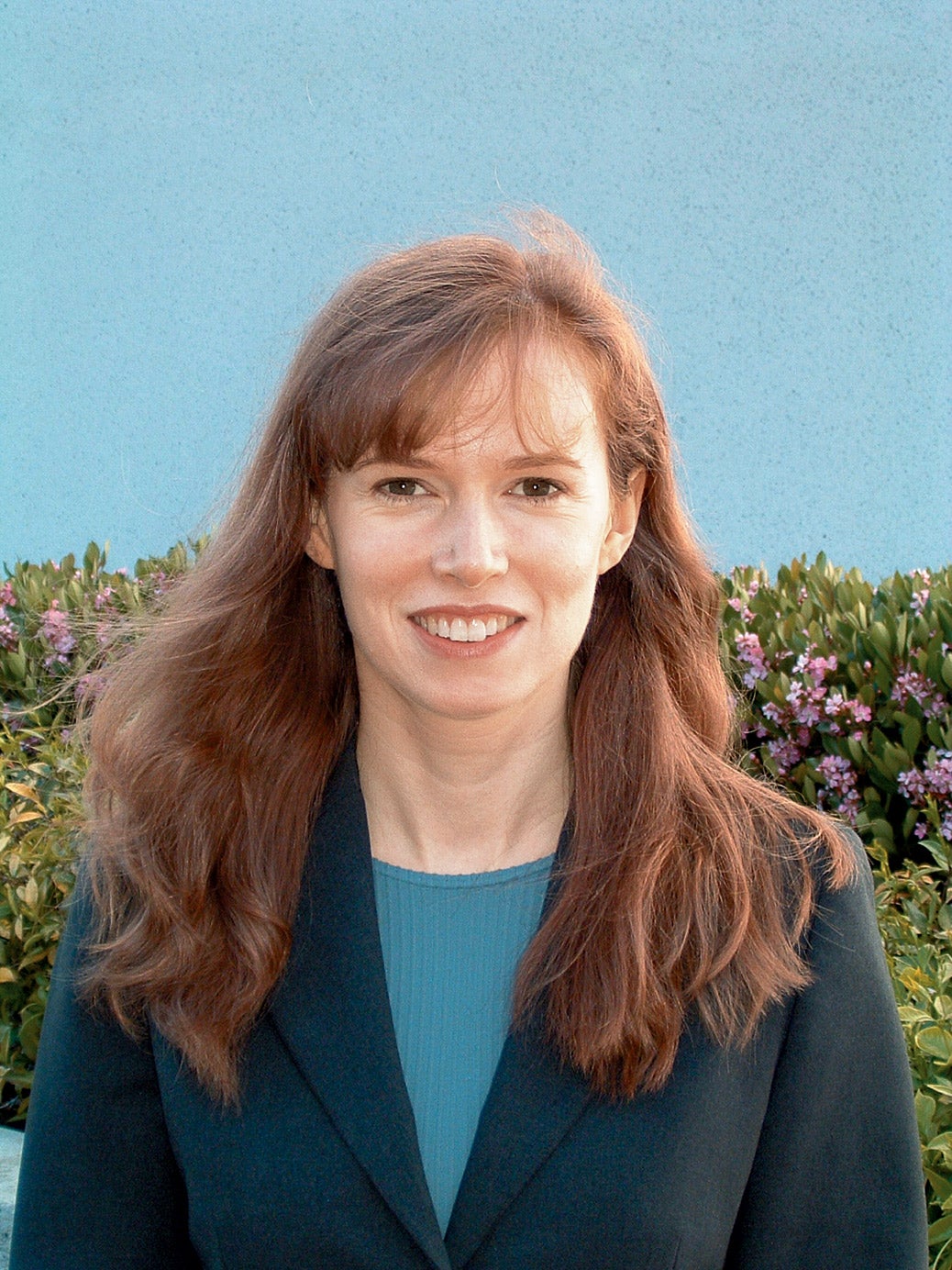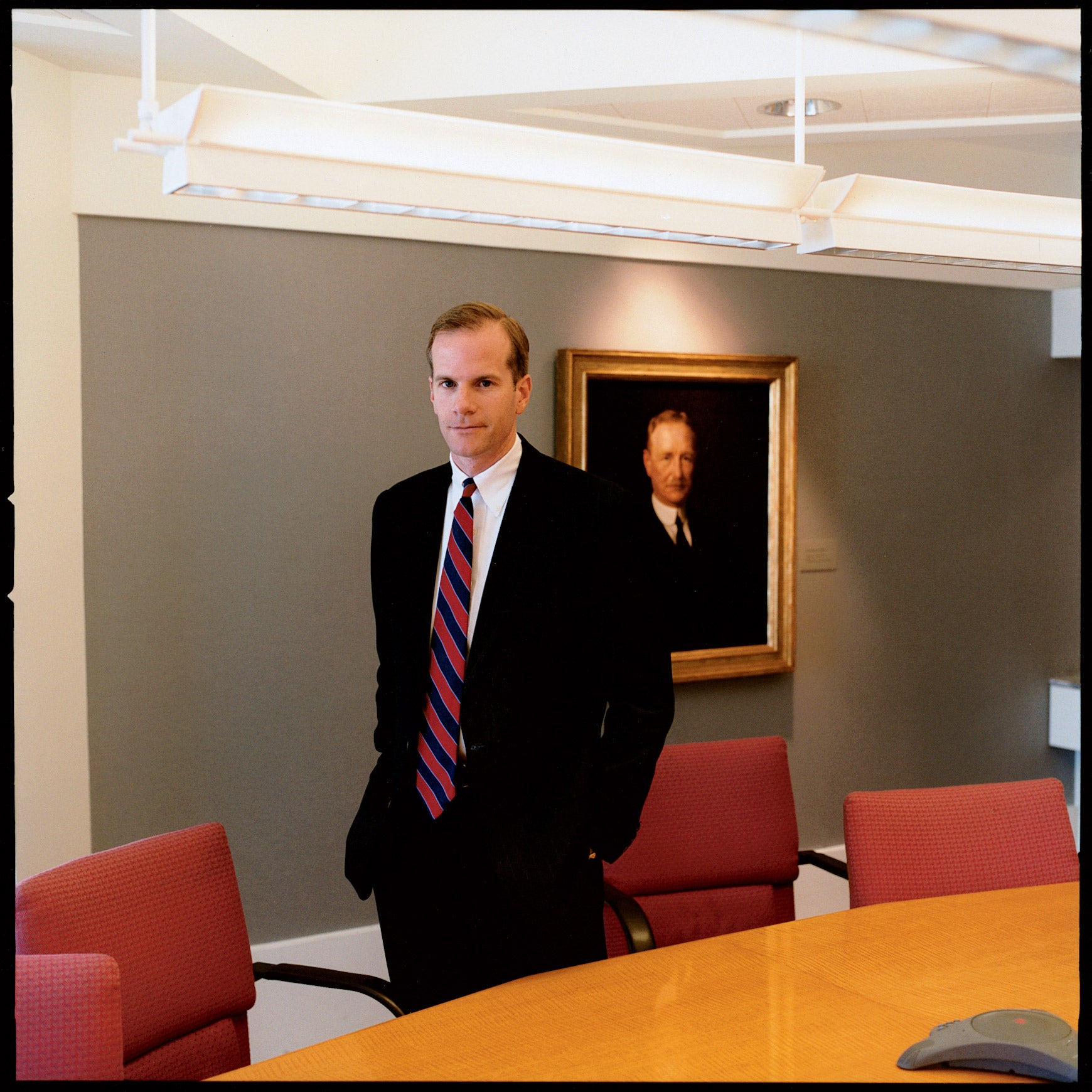Via Harvard Law Today
By: Julia Hanna

As a 2L, Toby Merrill ’11 was enrolled in a Harvard Law School consumer clinic litigating against predatory lenders of subprime mortgages. There she fought for the rights of individuals who had hoped to fulfill the American dream of home ownership. Now Merrill has a new mission, no less urgent: to bring a measure of fairness to people affected by the predatory lending practices of some for-profit colleges that are alleged to provide worthless degrees in exchange for thousands of dollars in government-backed loans. Frequently members of some of society’s most vulnerable populations, these clients often began their journey with the simple desire for upward mobility—namely, a better life through education.
In 2012, Merrill founded and became director of the HLS Project on Predatory Student Lending, focusing on for-profit schools that promised students a direct path to well-paying, middle-class jobs via programs focused on a specific role—medical assistant or paralegal, for example—but failed to deliver. Senate hearings and a two-year investigation into these schools led by then-Iowa Sen. Tom Harkin detailed the systematic use of inflated job placement data and aggressive recruitment tactics to target groups that included immigrants, people of color, veterans, and single mothers. In one case, noted by Harkin, a school claimed that it placed 70% to 90% of students in jobs, when the actual rate was 20% to 30%.
The financial fallout of that widespread fraud, when combined with the poor quality of instruction found in many programs, was catastrophic: Statistics show that individuals enrolled in for-profit colleges typically account for 13% of the student population but 47% of all federal loan defaults, often because of the inability of the borrowers to secure well-paying jobs; and more than $30 billion in federal tax funding goes to for-profit institutions every year, in the form of those student loans.
In her work with victims of predatory subprime mortgage lending, Merrill had been a firsthand witness to the power of affirmative litigation on behalf of individuals harmed by unscrupulous lending practices. She saw how that work could not only help individuals get restitution but also, in the best-case scenario, lead to improved policy. When she learned more about the tactics used to lure students into shoddy degree programs with little value on the job market—students who were trying to improve their lives by getting an education and who, at that point, had virtually no options for legal action—the issue had a visceral pull.
“Predatory student lending sits right at the intersection of racial and economic justice,” says Merrill, whose interest in fighting injustice and race discrimination in America led her to spend the summer after her second year in law school working on the NAACP’s voting rights project and in its death penalty practice.
Located in HLS’s WilmerHale Legal Services Center in Jamaica Plain, the project and its staff of 12 are engaged in class-action lawsuits on behalf of tens of thousands of students at now-defunct institutions such as Corinthian Colleges (with a class of 110,000 plaintiffs) and ITT Technical Institute (750,000). But they also take on individual cases which they feel will effect change in industry or government practices. Director of Litigation Eileen Connor has met hundreds of people whose lives have been upended by predatory student lending, but she still finds herself thinking about Crystal, a young single mother who was recruited away from Roxbury Community College by a Corinthian school subsidiary.

“They told her, ‘You can do what you’re doing here, but twice as fast—so you’ll be able to work that much sooner and support your young child.’ Of course, that was appealing to her,” Connor says. The report issued by the Harkin Senate committee found that recruiters at some for-profit colleges are frequently instructed to exploit just such a “pain point” in order to convince a prospective student to enroll. But the quality of education Crystal received didn’t provide her with the skills she needed to compete in the job market. The Senate report also found that, on average, only 25% of the money paid to for-profit colleges is rolled into needed teaching materials, equipment, and instructor pay; the remaining 75% is used for marketing, executive compensation, and profit. Unable to find employment in her chosen field of medical assistant, Crystal was forced to default on her loan and ended up living in a homeless shelter; the default had disqualified her from applying for subsidized housing. In addition, the government garnished her wages and took her earned income tax credit, which she had been planning to use as the first and last months’ deposit to rent an apartment. There is no time limit on the collection of student loan debt, so these penalties can continue for decades.
“This all happened because a predatory company took advantage of someone with the earnest desire to learn and to work,” Connor says. “It’s a perversion of the ideal of higher education when the reason we have a federal student loan program at all is to create opportunity.”
Josh Rovenger ’13 joined the project last year. While he had always been drawn to public interest law, he hadn’t been following the legal cases involving for-profit colleges before interviewing for an attorney position with Merrill and Connor. Then he got excited: “It wasn’t really an exact moment or case, but more the passion they showed. Toby said that once you learn about the work, you can’t help but get angry and worked-up about what’s going on.”

And if he ever feels distanced from that moment, a clinical student’s reaction brings it all back: “It’s a reminder to everyone here of how absurd some of the actions are that we’re challenging,” Rovenger says. Each semester, the project hosts six to eight clinical students, providing exposure to the class-action cases underway while also enabling students to act on behalf of individuals. “My clients are people who have been taken advantage of,” says Sejal Singh ’20. “But they are not victims—they’re very smart, resilient actors who are committed to moving forward with their lives. Working with them has been inspiring, and in the process, I really feel as though I’ve been able to build a range of skills that are going to prepare me to move forward in my career as an attorney.”
Creating positive change in an area as complex and far-reaching as predatory student lending can have a frustratingly long timeline. But in its relatively brief seven-year existence, the project has earned substantial wins, bringing clients that much closer to justice. Among its recent victories was a ruling last fall in the case Bauer v. DeVos that—in conjunction with a similar suit brought by 19 states and the District of Columbia—prevented the Department of Education from illegally delaying the enforcement of established borrower defense regulations that offer protections for students. Such protections include the cancellation of debt when an institution breaks the law and a ban on forced arbitration.
“Forced arbitration has been a longstanding issue in the context of consumer protection,” says Merrill. “The transparency that occurs with private litigation has been shown by study after study to be an important driver of public enforcement; forced arbitration cuts off an entire stream of information that’s key to functional oversight. Now, for the first time in a long, long time, we have the opportunity to bring people’s claims in court.”

Included in the project’s active impact litigation docket is the class-action lawsuit Calvillo Manriquez v. DeVos, a case brought jointly with Megumi Tsutsui ’14, a former student of the project now practicing law at the Oakland, California-based Housing and Economic Rights Advocates. The suit charges that the U.S. Department of Education required tens of thousands of former Corinthian Colleges students to repay their loans, despite earlier findings by the Obama administration Department of Education that they were not liable to do so. Rather than discharge the loans, the department reversed course, calculating a repayment rate based on private income data obtained from the Social Security Administration.
“The thrust of the case is that the Department of Education is engaged in retroactive rulemaking using illegally obtained information,” says Rovenger. For now, the team has won a preliminary injunction to freeze loan collection for thousands of students, with the eventual goal being to fully discharge them.
“Our work here has always involved fighting against a Department of Education that isn’t doing what it should be,” says Merrill. “So while we have sued the department of the current administration a number of times, we also sued the one under the previous administration.”

Merrill cites relatively recent successes, including the ruling reversing the freeze on the mandatory arbitration ban, as evidence that the legal landscape is shifting and coalescing around a new perspective on student lending. “Three years ago, [students] couldn’t sue a for-profit school. It was hard to get the government … to decide to do anything,” she says. “We were able to change both of those things.” Even so, she acknowledges that hundreds of thousands of students represented in federal courts around the country are still waiting for relief. It’s part of what keeps her and the rest of the team motivated. And they’re not alone. Merrill notes that the Project on Predatory Student Lending works with a range of advocacy organizations across the country, supplying needed information and insight to help advance policy change. And the network of clinic alumni, Megumi Tsutsui and others, has only extended its reach. “It’s been so gratifying to see former students take up the fight as part of their professional endeavors,” says Merrill. “We’re all focusing our energy on cases that we think can make a difference, moving the ball forward to make a more fair and just society.”
Filed in: In the News, Legal & Policy Work
Tags: Eileen Connor, Predatory Lending and Consumer Protection Clinic, Toby Merrill
Contact Office of Clinical and Pro Bono Programs
Website:
hls.harvard.edu/clinics
Email:
clinical@law.harvard.edu
